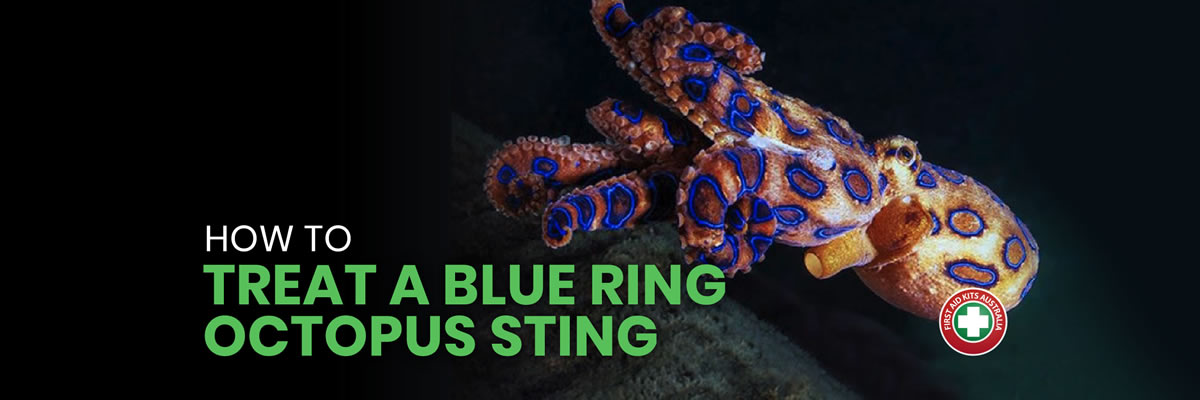
Get to cover! 5 Tips to avoid Heat Stroke
9 January 2020
Back to Work Sale
6 February 2020Blue ring octopus are common in reef flats and tidal pools from Australia up to Japan.
They’re difficult to spot since their size is no bigger than a golf ball, and they hide in rock crevices, dead shells, and discarded cans.
These pretty little things are not violent and have a very passive attitude. However, if they get excited or provoked their skin glows brightly as do their ring-shaped markings in neon blue and black, and they will likely sting. The little blue-ringed octopus has blue blood, three hearts, and enough poison to kill 26 humans.
So, to prevent any kind of stings you should keep your hands and feet out of small, underwater crevices. And if you see one, just let it be.
In the case of a sting, the person bitten will barely feel the sting itself, but the bitten area will begin to swell and feel numbness in their face, tongue, and neck. Paralysis will follow.
The blue ring octopus’s bite can be deadly if not attended immediately. So, this is what to do should you need to help a person that has been bitten.
Call 000 immediately
- Apply strong pressure to the wound and prepare to perform mouth-to-mouth resuscitation since respiratory muscles can freeze up.
- If unconscious, commence CPR (cardiopulmonary resuscitation). Even if your efforts seem futile, continue CPR until medical help arrives.
If conscious, reassure the person bitten that help is on their way. The person will need to be transferred to a hospital, as prolonged artificial respiration is often required until the effects of the venom wear off.
Although there’s no known anti-venom, if the person makes it through the first 24 hours, they will make a full recovery.
Now that you know what to do, share this article, so more people can be prepared to respond to an emergency.





